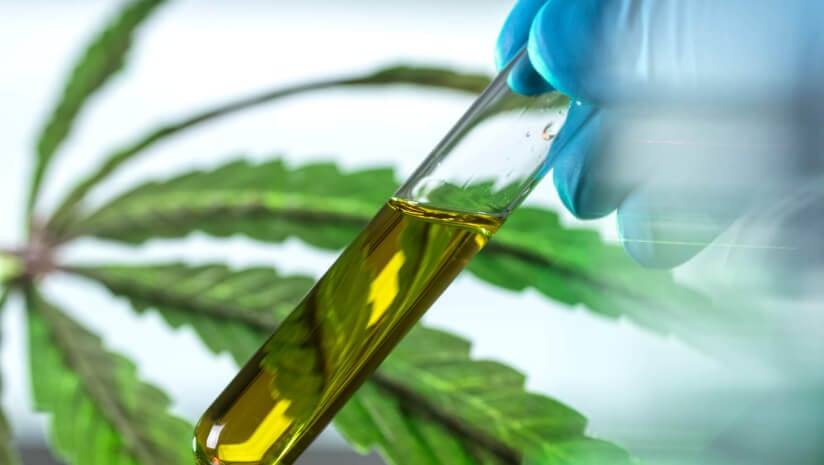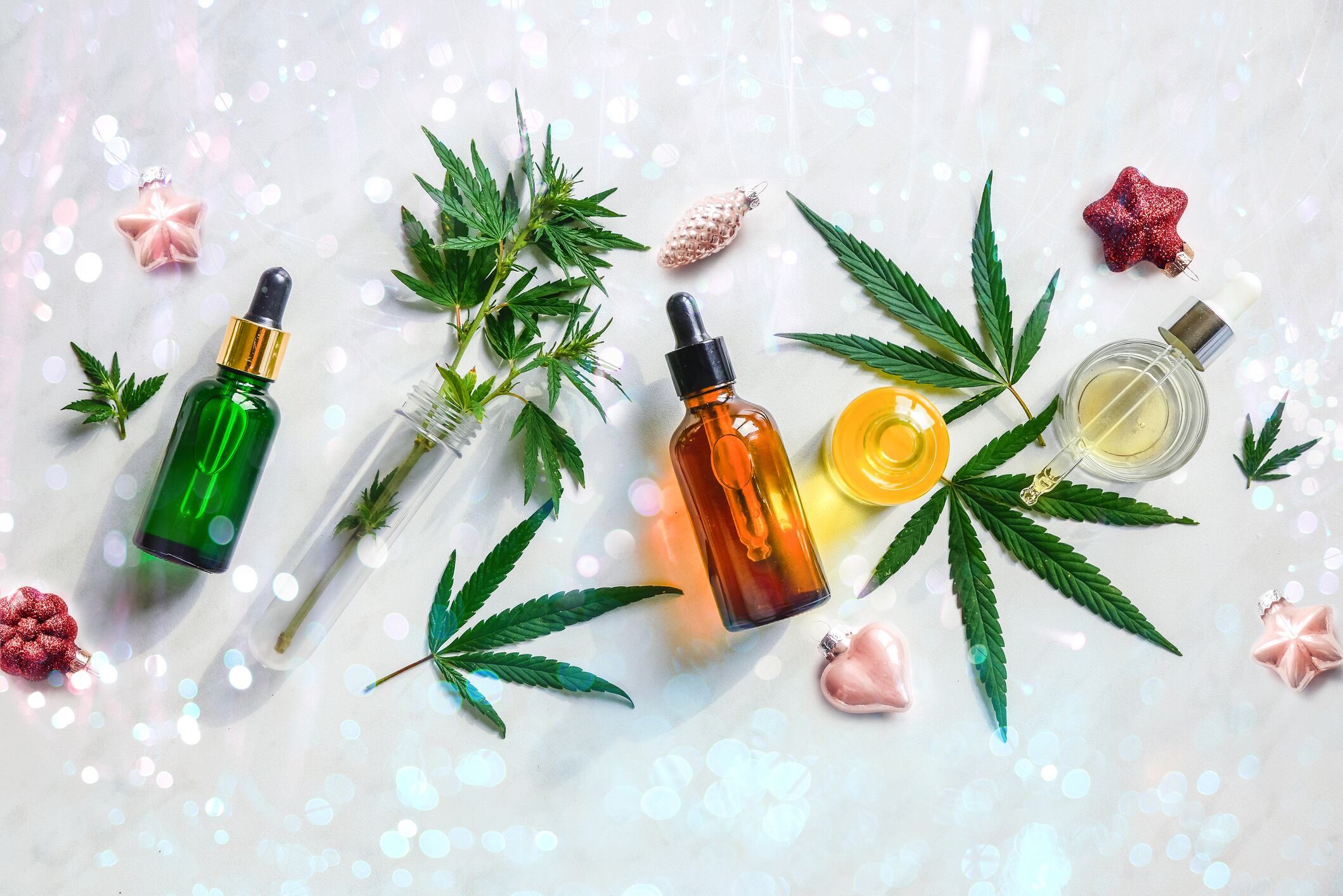Whether CBN, CBG, CBC, THCV, CBDV, CBDA or CBGA, consumers are starting to understand more about minor cannabinoids—those found in trace amounts within the cannabis plant—and what that means for addressing the multifactorial nature of stress.
Minor cannabinoids are having their moment.
That is according to Andrew Papilion, co-founder and chief product officer at Denver-based CBDistillery.
“Six or seven years ago, when we first started putting out some of these minor cannabinoid products, there was no knowledge that they even existed,” he said. “It was the CBD industry at that time, and that's all that it was. And that's all that people knew about.”
This may be changing. According to data from FloraWorks, a company specializing in the discovery of rare and novel cannabinoids for commercial and therapeutic applications, U.S. minor cannabinoid sales have reached $391 million in the last five years. This represents 21% of the cannabinoid market share. Year-over-year revenue growth for minor cannabinoids has outpaced the total market revenue growth.
Consumers look for key attributes from these cannabinoids, said Matt Zehner, senior insights analyst at market research firm the Brightfield Group. He noted that consumers’ top desires are relaxation and staying asleep, functions that can be disturbed when a person is under stress.
Basic research
Despite market expansion, the cost and lack of methods to produce pure and stable isolates hinders access to high purity cannabinoid isolates, said Andrea Baillo, former chief scientific officer at Open Book Extracts and founder of consulting firm Rooted for Success.
This is the reason that of the 120 minor cannabinoids that researchers are interested in, scientists often focus on approximately seven for exploration. Federal and state regulations and the way cannabis is scheduled have also been barriers to research and development.
“We have to use anecdotes and real-world experience to inform [the direction of research],” Baillo said, adding that scientists rely on their own intuition and on claims from cannabinoid users.
She once conducted a questionnaire among minor cannabinoid consumers that indicated that Cannabichromene (CBC) and Cannabigerol (CBG) mitigated stress for the users.
And the anecdotal evidence Baillo collected may now be reinforced by the rise of new clinical studies. Earlier this year, researchers led by Washington State University published results in the journal Nature from the first human clinical trial to examine the acute effects of CBG on anxiety, stress and mood. They found that CBG reduces global feelings of anxiety and stress and might even enhance memory.
Cannabinoids help regulate the human endocannabinoid system, which, according to Harvard Health Publishing, comprises “a vast network of chemical signals and cellular receptors that are densely packed throughout our brains and bodies.”
The National Institutes of Health says “the endocannabinoid system is extensively distributed in the central nervous system and plays a crucial role in the control of emotional responses” and that “cannabis users identify a subjective sensation of relaxation after consumption, which has been linked with the role of the endocannabinoid system in modulating fear, anxiety and stress responses.”
Understanding which cannabinoids are best at alleviating stress falls on the shoulders of companies such as Charlotte’s Web.
“Some of these minor cannabinoids, they're not in products yet,” said Marcel Bonn-Miller, chief scientific officer at the company. “That's why we've got to kind of dig in and do the basic research to really understand how they work and then start triaging, if you will, ones that could be beneficial for certain things that we're trying to develop as products.”
Rise of CBN
The most prominent and possibly most studied of the minor cannabinoids is cannabinol (CBN). When parts of THC (delta-9-tetrahydrocannabinol) in the cannabis plant ages, CBN appears, and it is a less potent cannabinoid.
There is growing consumer demand for it, said Alleh Lindquist, FloraWorks CEO. The company is filing paperwork with the U.S. Food and Drug Administration to grant CBN status as a new dietary ingredient to advance the cannabinoid within the market and scientific spaces.
Research into this cannabinoid began with claims that it would promote sleep, as stress and anxiety often lead to insomnia.
“There's kind of been an old wives’ tale that old weed causes drowsiness and makes people more tired,” Lindquist said. “And the reason for that is because you have naturally degraded THC turning into CBN. So old weed has higher CBN in it and that the CBN was responsible for drowsiness. I think that it is probably better for relaxation and stress management than CBD.”
Lindquist’s claims are backed by research his company produced on the FloraWorks’ TruCBN brand which found that 50 mg dose of the product was most efficacious at promoting sound sleep.
Charlotte’s Web also conducted research, a placebo-controlled, peer reviewed study on CBN which concluded that a 20 mg dose produced maximum effectiveness for improving sleep difficulties, such as nighttime awakenings and overall sleep disturbance. The company’s Stay Asleep gummy, which includes 20 mg of CBN, is intended for uninterrupted rest.
“In all the feedback that we've gotten over all these years around CBN, particularly combined with THC, it’s that it actually creates more of a body high and relaxing effect and people sleep better,” Bonn-Miller said. “There's been a lot of research that's shown that sleep is associated with improved levels of stress.”
Lindquist agrees.
“I certainly think CBN could end up being a good stress management kind of relaxing product out there,” he said. “And I think certainly with the THC products that contain CBN, that's even more so the case.”



